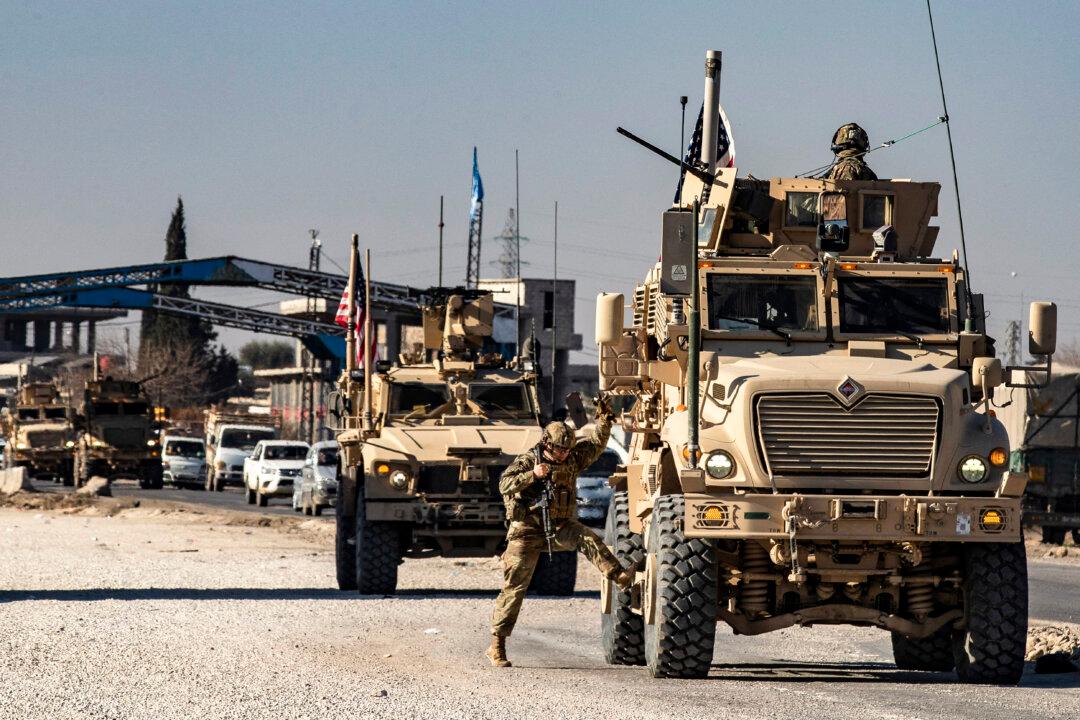Last month’s collapse of the Syrian government has prompted fears that the ISIS terrorist group, which overran much of the country a decade ago, could make a comeback.
“History shows how quickly moments of promise can descend into conflict and violence,” U.S. Secretary of State Antony Blinken said a day after Syrian President Bashar al-Assad’s regime—and army—collapsed last month.





